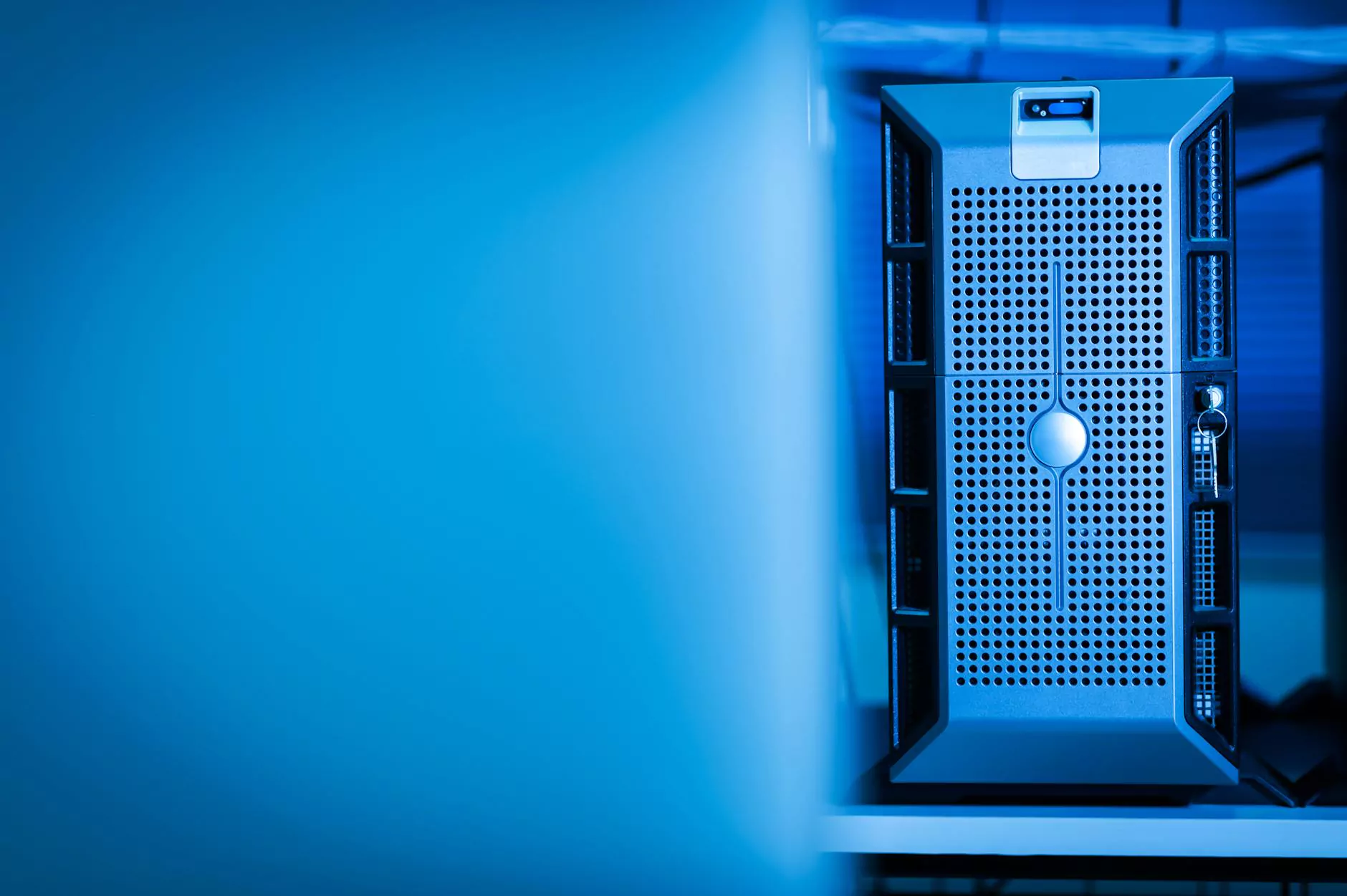Lung Cancer Treatment in Singapore: Comprehensive Guide

Lung cancer is one of the most common cancers diagnosed in Singapore, with smoking being a significant risk factor. However, non-smokers can also develop this disease. Early detection and treatment are crucial for improving survival rates. This article explores the various lung cancer treatment options available in Singapore and highlights the importance of seeking professional medical advice.
Understanding Lung Cancer
Lung cancer primarily affects the lungs and is classified into two major types:
- Small Cell Lung Cancer (SCLC): This type is less common but grows quickly and can spread rapidly.
- Non-Small Cell Lung Cancer (NSCLC): The more prevalent form, which generally grows more slowly than SCLC.
It's crucial to note that lung cancer can be asymptomatic in its early stages. Therefore, routine screenings and awareness of risk factors are pivotal.
Risk Factors for Lung Cancer
Understanding the risk factors associated with lung cancer can help in prevention and early detection. Some of the key risk factors include:
- Smoking: The leading cause of lung cancer, with both active and passive smoking contributing to risks.
- Exposure to Radon: A naturally occurring radioactive gas that can accumulate in homes, particularly basements.
- Asbestos Exposure: Previously commonly used in construction, asbestos can significantly increase cancer risk.
- A Family History: Genetic factors can also play a role in lung cancer susceptibility.
- Other Environmental Factors: Such as air pollution and exposure to certain occupational hazards.
Signs and Symptoms of Lung Cancer
Individuals should be vigilant about the following symptoms, which may indicate the presence of lung cancer:
- Persistent Cough: A cough that does not go away or worsens over time.
- Chest Pain: Often described as sharp or dull, it may worsen with deep breaths or coughing.
- Shortness of Breath: This may occur even when resting or with minimal physical activity.
- Coughing up Blood: Hemoptysis is a serious symptom that requires immediate medical attention.
- Unexplained Weight Loss: A significant loss of weight without any evident cause.
Diagnosis of Lung Cancer
Diagnosing lung cancer involves several methods to ensure accuracy. Common diagnostic steps include:
- Imaging Tests: Chest X-rays and CT scans help visualize the lungs and identify any anomalies.
- Biopsy: A procedure where tissue samples are taken from the lungs to confirm cancer.
- Positron Emission Tomography (PET) Scan: Helps to determine the extent of cancer spread.
Once diagnosed, staging tests are necessary to evaluate the cancer's progression, which helps in formulating a treatment plan.
Treatment Options for Lung Cancer in Singapore
Singapore offers a comprehensive range of treatment options for lung cancer tailored to individual patient needs. Some of the most common treatments include:
1. Surgery
Surgery is often considered the most effective treatment for early-stage lung cancer. Types of surgical procedures include:
- Lobectomy: Removal of a lobe of the lung containing the tumor.
- Pneumonectomy: Complete removal of one lung.
- Sleeve Resection: Removal of a part of the airway along with the tumor.
2. Radiation Therapy
Radiation therapy uses high-energy rays to kill cancer cells. It can be used as a primary treatment or alongside surgery. Techniques include:
- External Beam Radiation Therapy (EBRT): Focused radiation from outside the body.
- StereotacticBody Radiotherapy (SBRT): A highly precise form of radiation therapy that targets tumors while minimizing impact on surrounding tissues.
3. Chemotherapy
Chemotherapy is the use of drugs to kill fast-growing cancer cells. It can be given as:
- Adjuvant Therapy: After surgery to eliminate remaining cancer cells.
- Neoadjuvant Therapy: Before surgery to shrink tumors.
4. Targeted Therapy
This treatment utilizes medications that target specific genetic mutations associated with lung cancer. For example:
- EGFR Inhibitors: Useful for patients with mutations in the EGFR gene.
- ALK Inhibitors: Target abnormalities in the ALK gene.
5. Immunotherapy
Immunotherapy enhances the body's immune response against cancer cells. Treatments include:
- Checkpoint Inhibitors: Help the immune system recognize and attack cancer cells.
- Cancer Vaccines: Designed to elicit an immune response specific to lung cancer.
Support Services for Lung Cancer Patients
Receiving a lung cancer diagnosis can be overwhelming, making support services a crucial part of treatment. In Singapore, the following resources are available:
- Counseling Services: Professional counseling can help patients cope with emotional challenges.
- Support Groups: Connecting with others who have similar experiences provides emotional support.
- Physical Therapy: To help regain strength and improve lung function after treatment.
- Nutritional Guidance: Tailored diets to support recovery and overall health.
Choosing the Right Healthcare Provider in Singapore
When selecting a healthcare provider for lung cancer treatment, consider the following criteria:
- Expertise: Look for oncologists specializing in lung cancer.
- Accreditation: Ensure the hospital is accredited and has a good reputation.
- Multidisciplinary Approach: Choose providers who offer a holistic approach involving different specialties.
At hellophysio.sg, patients can access top-notch physical therapy and support services to assist in their recovery journey post-treatment.
Conclusion
Understanding your options for lung cancer treatment in Singapore is essential for making informed decisions regarding your health. With a multitude of treatments available and strong support systems in place, patients can navigate their cancer journey with confidence. Consulting with specialists, such as those available at hellophysio.sg, can greatly enhance your treatment experience and outcomes. Always remember that early detection and intervention are key to successful treatment, so prioritize regular health check-ups and screenings.
lung cancer treatment singapore








